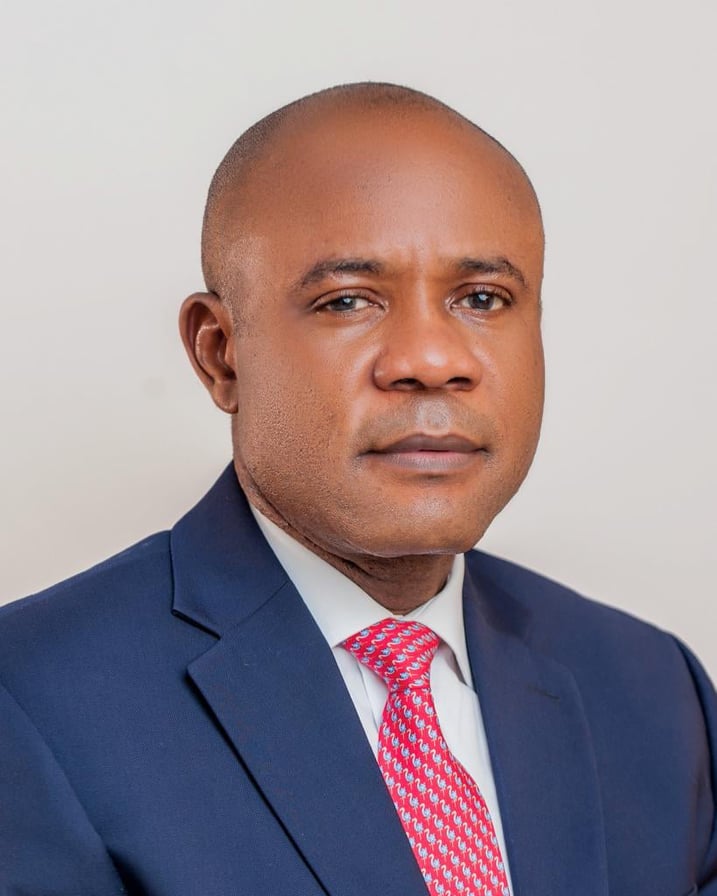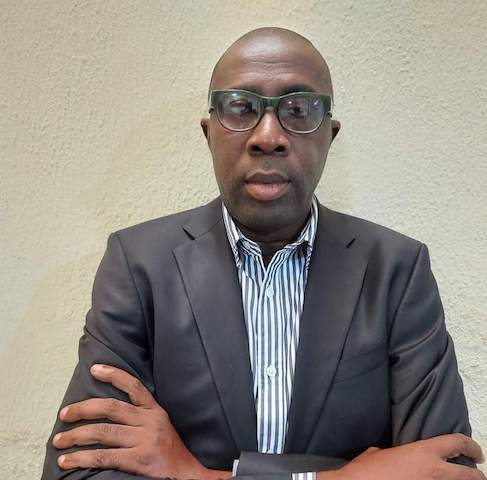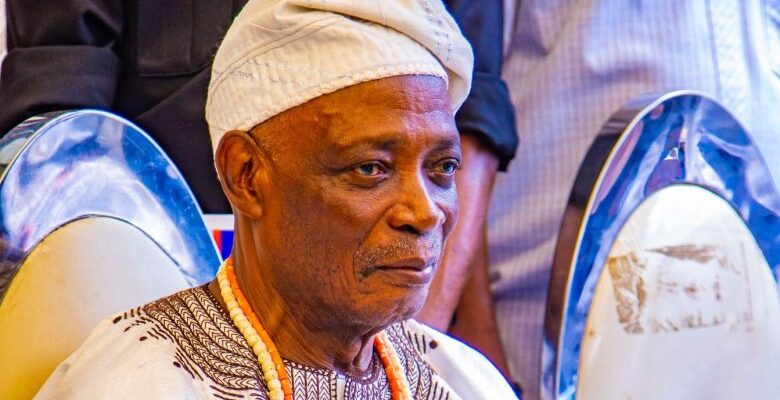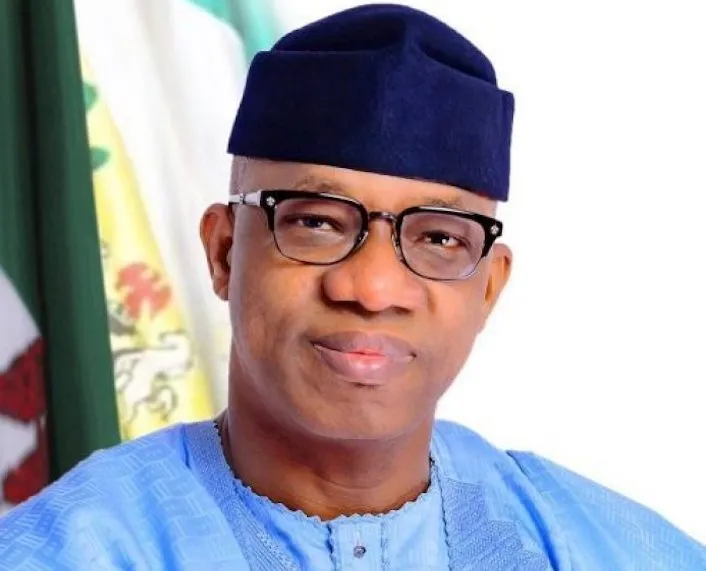By Emeka Alex Duru
(08054103327, nwaukpala@yahoo.com)
The declaration by the federal government on its commitment to improving the welfare, recognition, and professional development of teachers across Nigeria, should ordinarily elicit cheers. The pledge which came from the Minister of Education, Dr. Maruf Olatunji Alausa, on October, 5 – a day celebrated in the country and globally as World Teachers’ Day (WTD), appeared reassuring. What is however not certain is if the promise went beyond the platform where it was made, given the consistency of inconsistencies by successive administrations in the land. That is a story for another day, anyway. The concern for now is how to celebrate the teachers on their Day and why they should not be relegated to the backwaters in the scheme of things.

.Emeka Duru
This year’s edition, themed “Recasting Teaching as a Collaborative Profession,” underscored the importance of teamwork and shared responsibility in strengthening education delivery. It was, thus, apposite that Alausa described teachers as “the custodians of knowledge, the builders of character, and the architects of the nation’s future”, adding that they remain the foundation of all professions and deserve improved welfare packages.
“When you want the highest quality of education, you need a high-quality teacher. And when you want a high-quality teacher, you must give them the recognition, support, and training they need,” The Minister enthused. He stressed the need for collaboration within the teaching profession, adding that students benefit most when teachers work together.
The 2025 edition of the WTD was marked on the heels of alarm by the United Nations Educational, Scientific and Cultural Organisation (UNESCO), the United Nations International Children’s Emergency Fund (UNICEF), International Labour Organisation (ILO) and Education International that additional 44 million teachers were needed worldwide to achieve universal primary and secondary education by 2030. According to UNESCO, ILO, UNICEF and Education International, “it is only through effective cooperation at all levels that we can build truly inclusive, equitable and resilient education systems worldwide.”
The World Bank ranks Africa among the most severe in the teacher shortage. Nigeria is caught in the crisis. In July, the Universal Basic Education Commission reported that only 915,913 teachers were available for 31,771,916 pupils in public and private primary schools in Nigeria, indicating a teacher-pupil ratio of 35:1. This falls short of the UNESCO recommendation of one teacher to 25 learners for Lower and Middle Basic levels.
Factors responsible for the dearth of teachers include poor condition of service which manifests in the meagre salaries being paid to them in public schools and most private institutions in Nigeria. As noted by the Nigerian Labour Congress (NLC), most teachers working in private schools are not paid the national minimum wage and do not have health insurance neither or entitled to pensions. That is the level the otherwise noble profession has been reduced to.
The neglect of teachers and their poor welfare package contribute to many professionals leaving the field for other sectors. Teachers at all levels in the country are not encouraged to do their work. Growing up in the village, the story told in justifying the piteous salaries paid the teachers, was that their reward was in heaven. That is fatalistic, to say the least but incidentally seems the angle the government is headed for by the scant regards to the welfare of the teachers.
Even official pronouncements or policies that aim to motivate the practitioners are hardly implemented. According to data from the National Union of Teachers (NUT), 16 states of the federation are yet to implement the 65-year retirement age after it was signed into law by the federal government. The 65-year retirement threshold for teachers was signed into law by the late President Muhammadu Buhari on April 8, 2022, as part of the Harmonised Retirement Age for Teachers in Nigeria Act, 2022.
Section 1 of the Act clearly states that “Teachers in Nigeria shall compulsorily retire on attainment of 65 years of age or 40 years of pensionable service, whichever is earlier.” Section 3 of the Act provides that the Public Service Rule or any legislation that requires a person to retire from the Public Service at 60 years of age or after 35 years of Service shall not apply to teachers in Nigeria.
Apart from increasing the retirement age and years of service, the bill also introduced bursary awards, special rural posting allowances, and other items that will encourage brilliant Nigerians to take up teaching. Unfortunately, some states are yet to implement the policy. Non-implementation of the policy by some state governors, is demoralizing and undermines other moves to enhance the education system in the country.
While state officials keep playing the ostrich, it is necessary for the government and policy makers to realise that the future of education in the country would remain uncertain if teachers are not properly motivated and supported. Adequate funding is necessary in repositioning the sector and making teaching attractive. Doing so requires increasing the budgetary allocation for education at the federal and state levels.
The report that as of August, nine states had yet to implement the N70,000 minimum wage bill signed into law in July 2024, is depressing. Equally disturbing is that as of October 2024, 12 states were still paying teachers the N18,000 minimum wage approved in 2011. According to the Nigerian Union of Teachers (NUT), 16 out of the 36 states did not recruit teachers between 2018 and 2022, thus overworking the few teachers in the system or denying the students benefits of knowledge. This should not be the way to go.
There is therefore, the need to increase the budgetary allocation to the sector. The Federal Government’s budgets of N1.54 trillion, or 6.39 per cent, for education in 2023, and N2.18 trillion, or 7.9 per cent, in 2024, fell far below UNESCO’s recommendation of 15 to 20 per cent for developing countries. The situation at the state level is not different, with the exception of Enugu State which reportedly allocated 33 per cent to education in its 2025 budget. Other states and the federal government should follow suit.
The 2025 edition of the World Teacher’s Day is a reminder of how the system and its personnel have been neglected in Nigeria and the need to review the working conditions for teachers. It should equally serve as a reflection on how to reinvent the teaching profession in the country. No nation will advance if its teachers are not treated well. The role of teachers in the training of the child and building the nation, cannot be over emphasised. Teachers act as educators, trainers, mentors and even parent surrogates. They deserve to be treated fairly.
For Nigeria to get it right, the federal and state governments must prioritise teachers’ welfare and ensure that promises made to the education sector are fulfilled. As a way to strengthen the sector, teaching should be professionalized and given its pride of place. There is no reason why teachers in Nigeria should feel inferior to other professionals from other fields.
DURU is the Editor, TheNiche Online Newspapers, Lagos













Leave a Reply